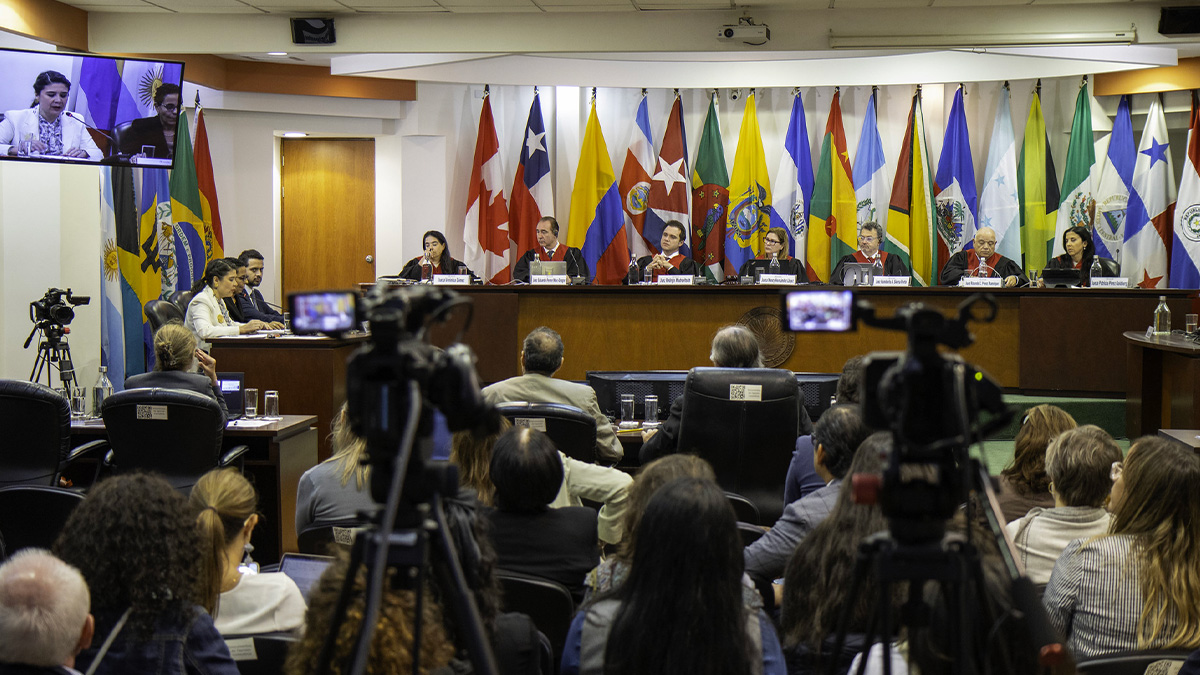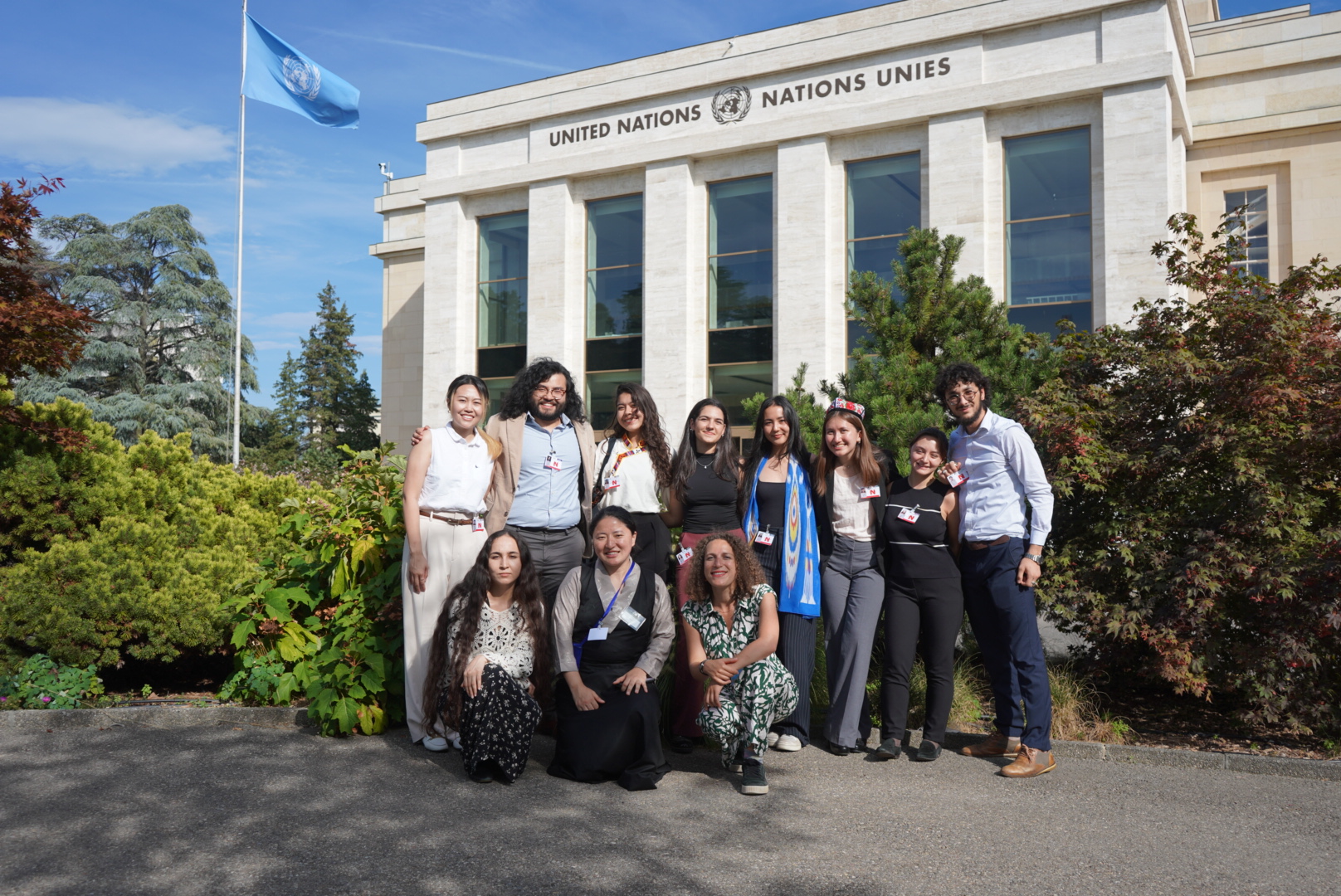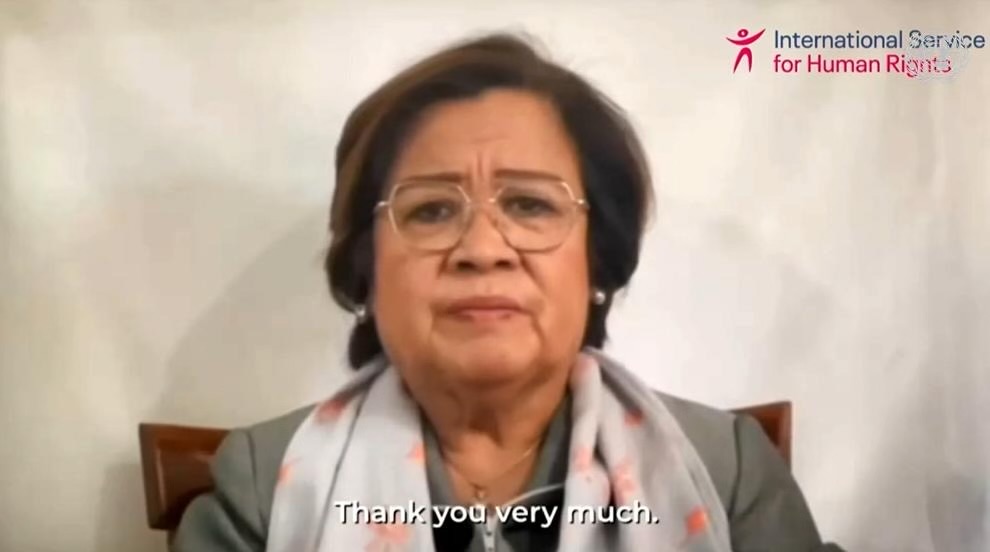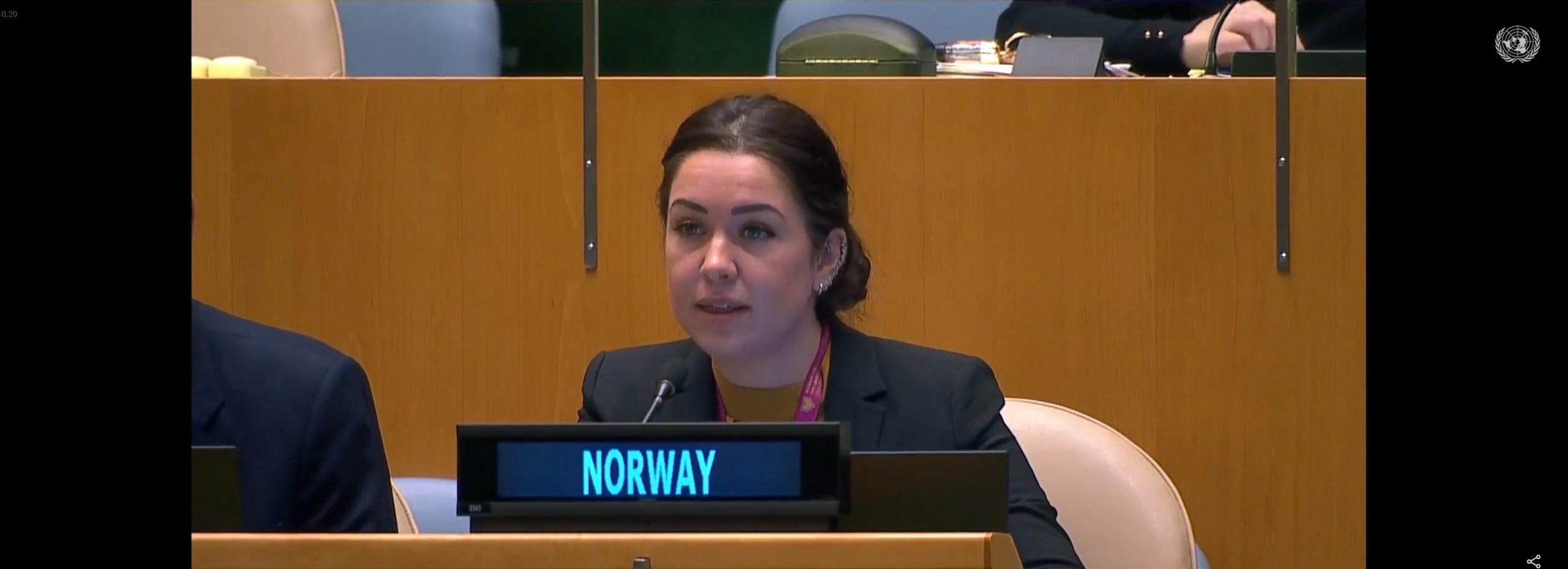Eight activists working on the rights of Uyghur, Tibetan and Hong Kong people, coming from six countries, including Canada, Germany, India, the Netherlands, the United Kingdom and the United States, participated in the United Nations Advocacy Training (UNAT) programme to learn and strategise together on ways to hold the Chinese government accountable for its human rights violations at the international level.
Why host a training for youth diaspora activists?
Young activists play a critical role in diaspora movements to address and counter the Chinese government’s persecution of peoples from the Uyghur region, Tibet, and Hong Kong. When capacity building and support are available to them, they can meaningfully engage their host governments and international institutions, like the UN, to hold the Chinese government accountable for its ongoing abuses against their communities inside the People’s Republic of China, and acts of transnational repression outside Chinese borders. Unfortunately, youth diaspora activists don’t have many opportunities to convene and collaborate in those international spaces.
Working together as allies and partners, these groups can help increase the confidence in their efforts and improve impact and sustainability. Opportunities to network, train together, and work on joint advocacy efforts will help individual diaspora groups communicate and coordinate more effectively amongst themselves and with other relevant local and international groups to amplify and sustain pressure on the Chinese government for meaningful human rights change.
'This is my first time learning about UN mechanisms and this really helped me to improve my advocacy work. I cannot believe that I was in those buildings and could participate! It is accessible to everyone.'
Kabir Qurban, Director at Free Uyghur Now
Aged between 19 and 28 years, this was the first time that young activists from these communities came together in Geneva to work on cross-cutting community issues and build solidarity. Participants are engaged in human rights advocacy through their work with established groups like the Hong Kong Democracy Council, Free Uyghur Now, and the Uyghur Human Rights Project or have founded impactful youth-led organisations in their host countries, such as Students for a Free Tibet, Harvard College Students for Uyghur Solidarity, and Uyghur Youth Initiative. They are working toward better visibility and accountability towards violations outlined in the UN’s Xinjiang report published in August 2022, including the curtailment of free assembly and expression, mass surveillance, forced labour, and cultural and religious persecution.
What did they achieve?
The objective of the hybrid 3-month United Nations Advocacy Training programme was to equip participants with the necessary knowledge to better understand the tools and mechanisms at their disposal to safely and effectively engage in advocacy at the UN and other multilateral institutions. Collaborating across borders, this group convened to exchange experiences and learn and strategise together to advance common goals and hold the Chinese government responsible for the persecution of their peoples.
'The course was very relevant. We engage in the UN and I am hoping this will allow me to be a greater part of our organisational effort.'
Babur Ilchi, programme manager at the Uyghur Human Rights Project
During the interactive training programme, participants engaged with one another through peer check-in sessions, with human rights experts and advocates through live Q&As, discussions on the Human Rights Council, Special Procedures, Treaty Bodies and the Universal Periodic Review, and considered how to engage in advocacy activities at the UN in order to create change for their communities.
The in-person training was designed to coincide with the 54th Session of the Human Rights Council so that the participants could attend the United Nations for the first time in their careers. As well as receiving additional advocacy training modules on all the UN human rights mechanisms from a range of experts, participants had the opportunity to build networks in Geneva and around the world, engage in meetings with UN member States and UN staff, and produce a powerful solidarity video statement which summarises their call to action to the UN member States.
Watch their video statement:
'Our generation will never be silenced and will continue to advocate for the rights of our people. It’s time for the United Nations to stand with us.'
UNAT group joint statement
The cohort worked in three subgroups during the training to develop strategies and targets for advocating on the following cross-cutting issues:
- Ending China cultural and religious repression against Uyghurs, Tibetans and Hong-kongers
- Realising economic rights for minoritised and economically marginalised communities
- Protecting human rights defenders and releasing political prisoners.
All the participants expressed they were satisfied with the training and increased their skills and networks to engage in advocacy at the UN. Freedom House and ISHR will continue to support these participants as they develop joint advocacy initiatives and build solidarity among their communities.
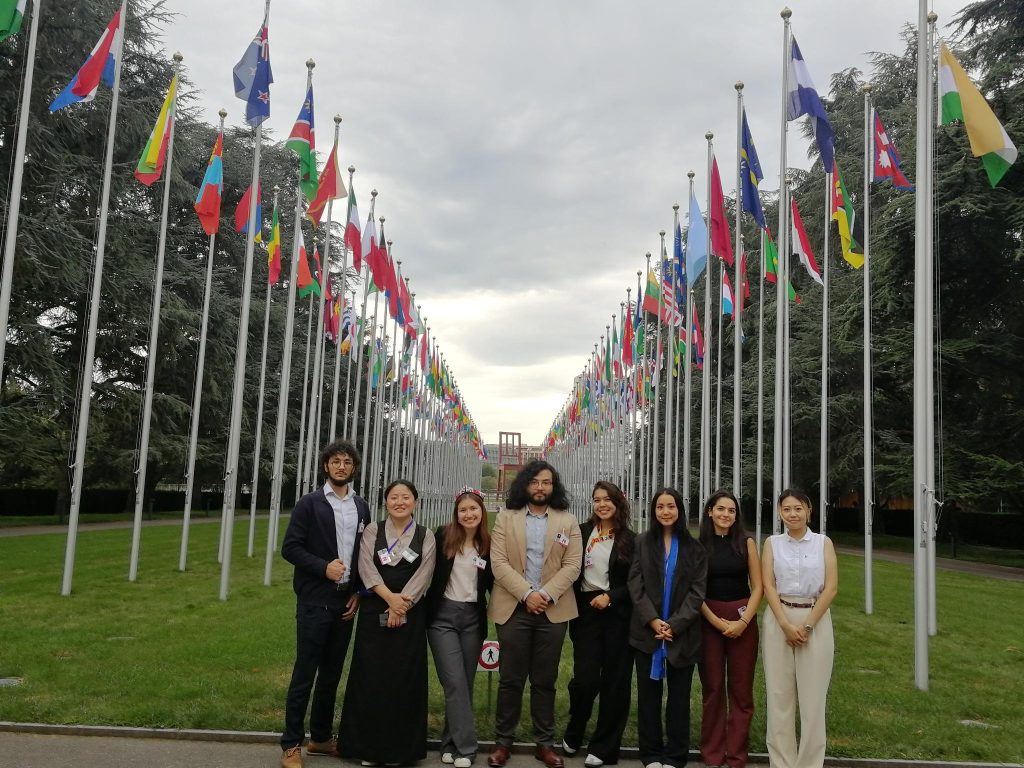
Photo: ISHR. Participants in front of the flags of UN Member States, at UN Office, Geneva.
'Thank you for this opportunity, it was great! I learned a lot and met very good people. I definitely learned, not only UN mechanisms, but also how to lead the team and organise.'
UNAT participant
Author
Salomé Boucif
Salomé leads our work on trainings and capacity development initiatives online and offline, such as the Human Rights Defender Advocacy Programme and the ISHR Academy. Salomé has over 9 years’ experience working in the humanitarian sector in the field of access to education and advocacy as a project manager.
